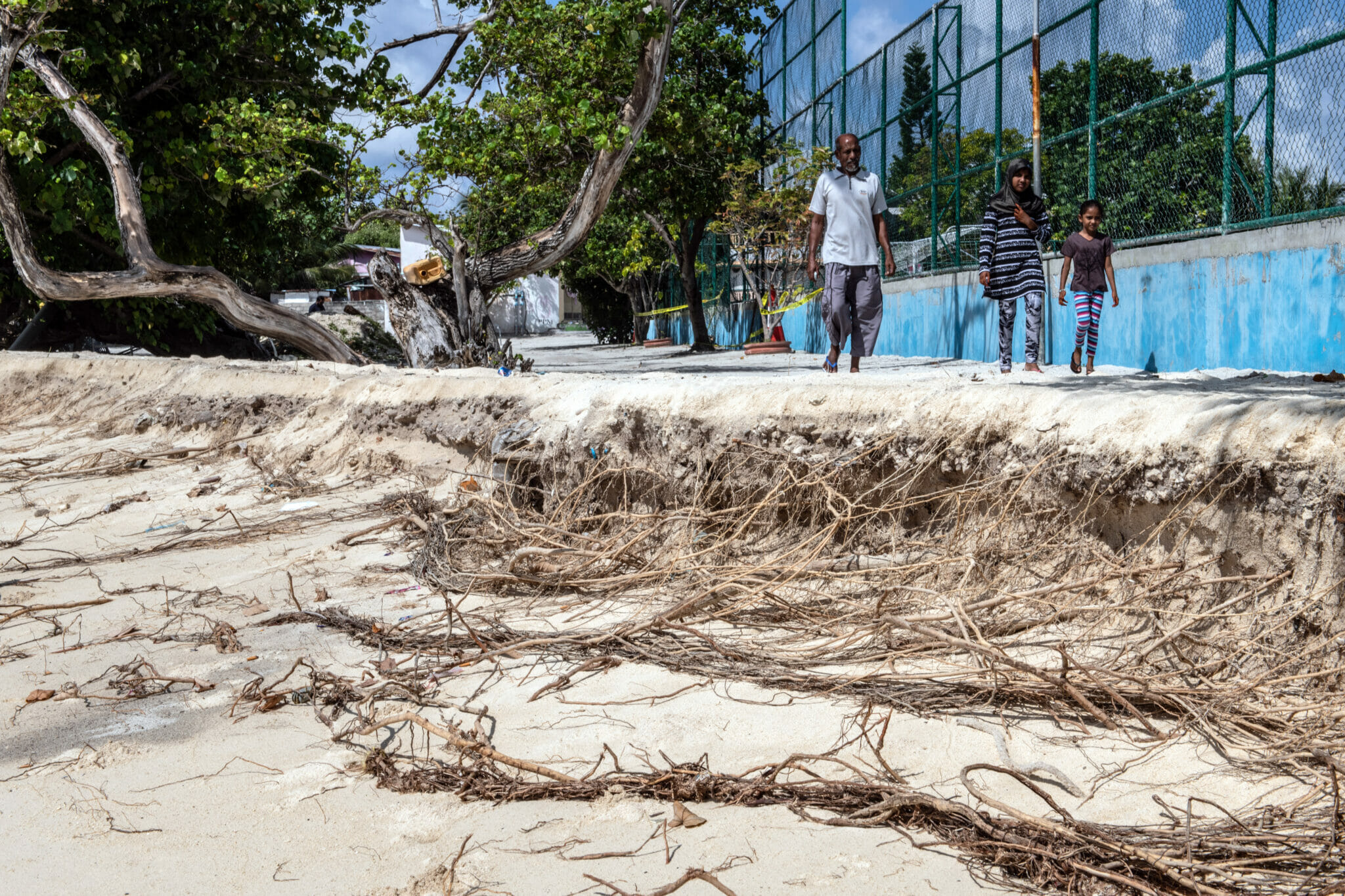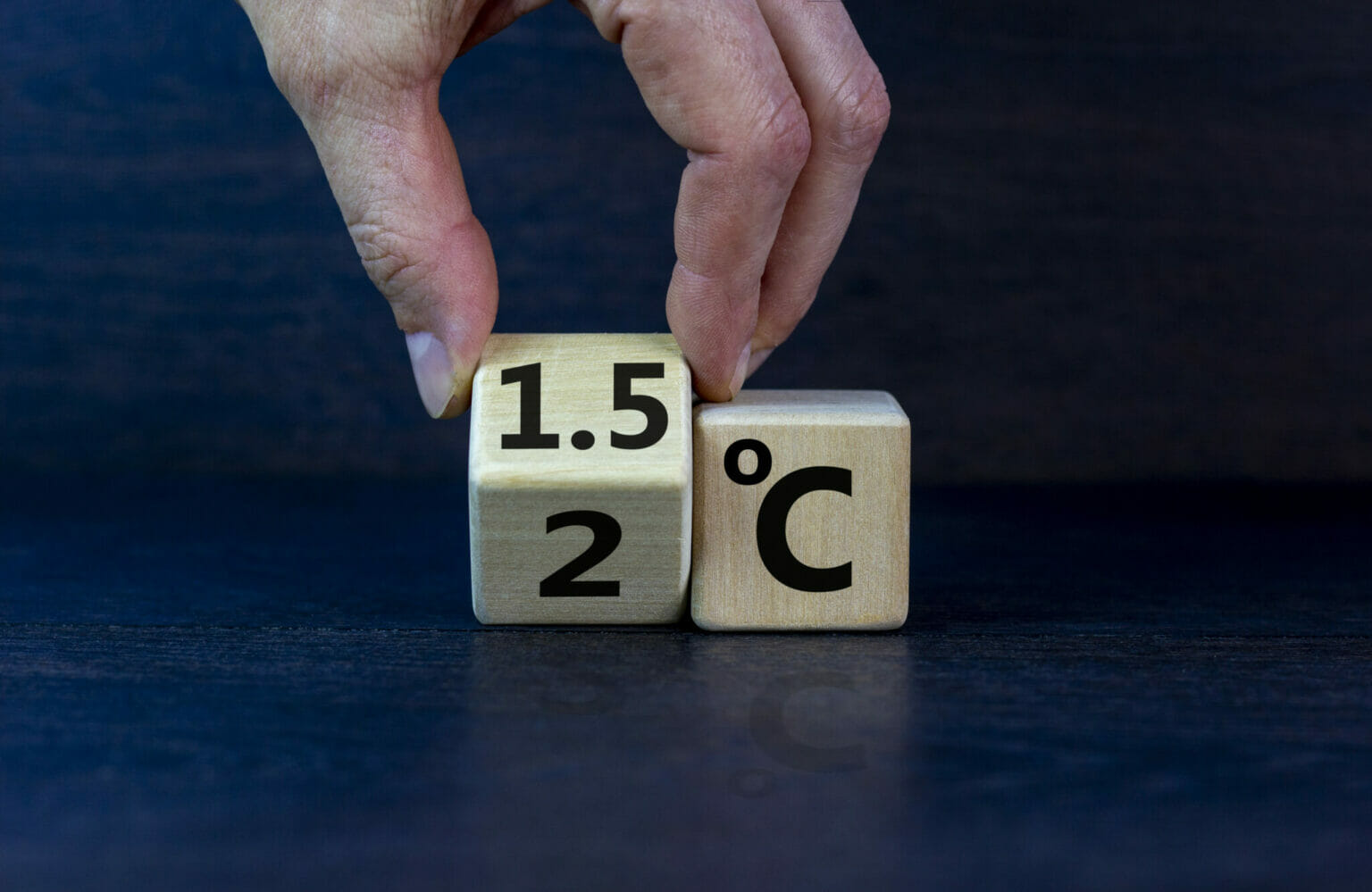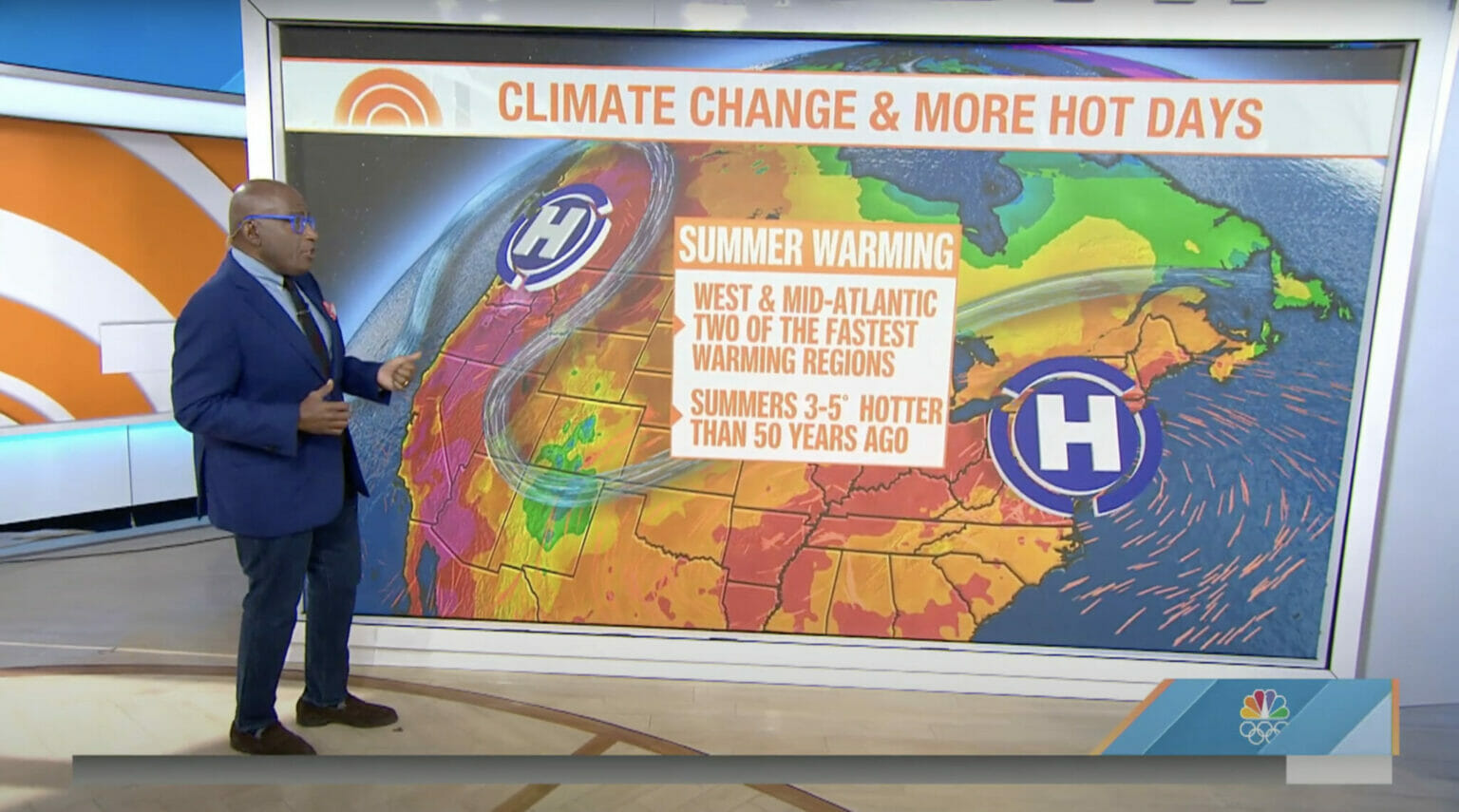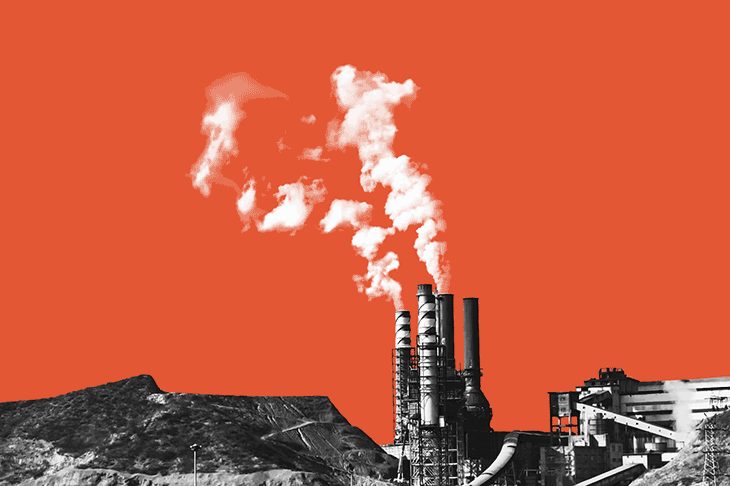Sign up to receive our weekly newsletter.
As this year draws to a close, we’re reflecting on the broad climate themes we’ve urged newsrooms to focus on as they evolve their climate reporting, including the oft-heard but frequently misunderstood metric of 1.5 degrees Celsius.
It’s a number that dominated negotiations at last month’s United Nations climate summit in Glasgow, where close to 200 countries gathered to agree on a forward trajectory for solving the climate crisis. Addressing reporters minutes after gaveling the conference to a close, the president of COP26 Alok Sharma insisted that the 1.5-degrees-C target had been kept alive, though “its pulse is weak.” The goal is only achievable if global emissions fall by half by 2030.
Even if all the pledges that governments made in Glasgow are implemented — a big if — temperatures are still projected to rise a catastrophic 2.4 C this century, according to the nonprofit Carbon Action Tracker. That’s just one reason why more than a few activists derided COP26 as a “failure” or “betrayal.”
Anything more than capping average global temperature increases at 1.5 degrees C “is a death sentence for us,” Mohamed Nasheed, the parliament speaker in the Maldives, said, echoing a sentiment by representatives of other low-lying island states most threatened by higher temperatures.
COP26 drove home that 1.1 degrees C — the global temperature rise to date — has already caused catastrophe for the most vulnerable people and communities around the world. “Climate impacts are here, and they are devastating lives and also taking lives,” said Saleemul Huq, the director of the International Center for Climate Change and Development in Bangladesh.
Many vulnerable countries were bitterly disappointed that the Glasgow Climate Pact did not establish a fund to compensate them for “loss and damage,” a failure Huq attributed to Sharma allegedly bowing to the will of the United States.
To help journalists move this story forward, we’ve created an explainer on the importance of 1.5 degrees C, the forces standing in the way of achieving it, and what it means to live in a 1.5-degrees-C (or warmer) world. Following the events in Glasgow, we’re encouraging newsrooms to:
- Scrutinize what the world’s governments do in the coming months to keep the 1.5-degrees-C goal alive, including how they do — or don’t — encourage private banks and investors to stop funding climate destruction and instead finance climate solutions.
- Report on what the private sector is promising — and actually doing — to limit carbon emissions and preserve the planet. As we note in our explainer, journalists should be especially cautious of “net zero” pledges.
- Demonstrate how countries are adapting to 1.1 degrees C temperature rise, including those most vulnerable to climate change, and the status of funding promised by rich countries to help them.
- Consider attending our Talking Shop next week (see below) where we’ll be exploring how to cover climate in the coming year.
FROM US
Talking Shop: The Climate Story After Glasgow. Mark your calendars for Thursday, December 9th at 11am US Eastern Time. We’ll be talking about what happened at COP26 and what it means for news coverage in 2022. RSVP here.
ESSENTIAL NEWS
Renewables. The International Energy Agency (IEA) predicts that 2021 will set a record for new renewable energy installations. And in the next five years, the electricity capacity of these installations will rise more than 60% beyond 2020 levels, although challenges remain. By Anmar Frangoul at CNBC…
Voting with their feet. Over half of workers in the oil and gas industry want to leave the sector and work in the renewable energy industry instead, according to a survey conducted as part of a report by recruitment firm Brunel and Oilandgasjobsearch.com. By Ron Bousso at Reuters…
Public relations disaster. Top public relations firms have played a major — and overlooked — role in shaping climate politics over the past 30 years, a new study by scholars at Brown University found. The firms used a range of tactics to spread misinformation, downplay the seriousness of climate change, and promote a delay in action. By Dharna Noor at The Boston Globe…
* See below for a Friday event on the reported role of PR firms in obstructing climate action.
Last minute legal. Shell was forced to delay oil exploration in a whale breeding ground off the Wild Coast of eastern South Africa yesterday after environmental and human rights organizations filed a last minute legal challenge. The decision on whether the project can move forward is expected on Friday. By Jillian Ambrose at the Guardian…
Climate lingo. A new study found that reading the terms “climate emergency” and “climate crisis” did not have the impact expected on people’s emotions, policy support, or belief that actions can lead to change. Journalists might welcome the overall takeaway that solutions-oriented stories, an emphasis on taking action, and the actual subject matter at hand resonate more with audiences than this type of language around climate change. By Kate Yoder at Grist…
Republication Recommendations
The following stories deserve special consideration for republication by CCNow partners:
- If You Fund the Research, You Can Shape the World – The Nation
- Toxic waters devastated Pacific Coast fisheries. But who’s to blame? – From the Guardian & CCNow’s ‘Climate Crimes’ series
- Conflict and climate change are big barriers for Africa’s Great Green Wall – Mongabay
For partner outlets: To submit stories for sharing, please use this form. Instructions for republishing and the full list of stories available for republication can be found in our Sharing Library.
Odds & Ends
Mental health impacts of oil and gas. Environmental Health News is hosting a presentation and live discussion on this topic following an investigation into the mental health impacts of air and water pollution and climate change in western Pennsylvania. Today at 2pm US Eastern Time. RSVP here.
Overcoming climate obstruction. Journalist Amy Westervelt, founder of the Critical Frequency podcast network, will discuss the reported role of public relations firms in obstructing climate action. Friday, December 3 at 3:30pm US Eastern Time. RSVP here.
Reporting opportunities. The recently signed bipartisan infrastructure legislation will provide climate, environment, and energy reporters with local stories as the money begins flowing. SEJ’s tipsheet recommends various questions to get journalists started, breaks down parts of the bill, and points out particular areas of interest for climate, environment, and energy reporters to investigate. See the tipsheet.
New 🇨🇦 podcast. Canada’s National Observer has launched ‘Race Against Climate Change,’ focusing on stories, solutions, and a Canada-specific angle on climate. Check it out.
Jobs. Gannet is hiring an environment/quality of life reporter. New Hampshire Public Radio is looking for a climate change reporter. The Colorado Department of Public Health and Environment is looking for an environmental justice communications specialist.
Welcoming new partners. CCNow is pleased to welcome to our collaboration: CNET, Deceleration, Documented, Gimlet Media, Mississippi River Basin Ag & Water Desk, Postindustrial, The Revelator, The San Francisco Examiner, and US Healthcare Journals in the US; Euronews Green, The Independent, and gal-dem in the UK; İklim gazetesi in Turkey; Et Baam! in France; and Corriere della Sera in Italy.



